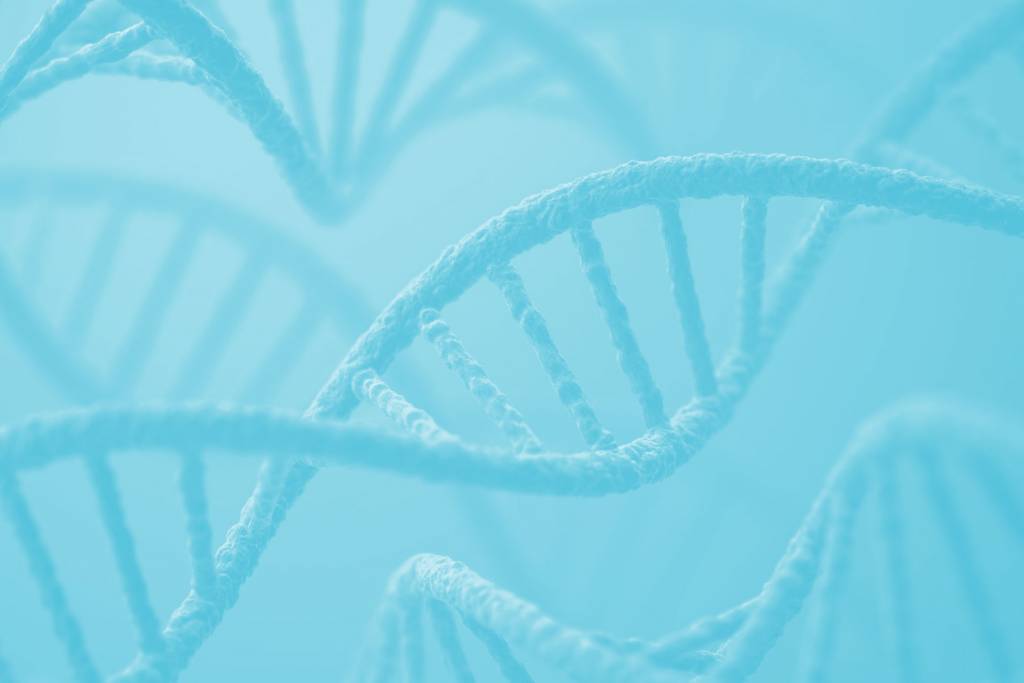
Dr Dimitrios Samaras is proud to announce his collaboration with Veritas Genetics, the Genome company whose founder and current Chairman is George Church Ph.D. himself, Professor of Genetics in Harvard University and among the initiators of the famous Human Genome Project. He is the first clinician to propose Veritas’ tests in Switzerland. Currently two tests are proposed:
1. myGenome
myGenome is a very comprehensive test, in which we perform the sequencing of the patient’s whole genome. The information analysed corresponds to the volume of 2.1 million pages.
The main goal of myGenome is to address the most common causes of disease, therefore an important target are cancer, cardiovascular and neurological diseases. You receive information on more than 650 disease-associated genes, more than 50 physical traits, more than 150 genes that determine drug metabolism, more than 225 carrier genes, as well as your ancestry.
myGenome is a valuable aid for anyone that is interested in making better health and lifestyle decisions. This innovative test is your window to tomorrow’s personalised medicine, today.
All genetic tests need a simple saliva sample.
2. myCancerRiskDNA
Cancer is one of the main causes of morbidity and mortality, with approximately 18 million new cases in the world in 2018, according to data from the IARC (International Agency for Research on Cancer). It is estimated that between 10-20% of cancer cases have a hereditary component.
The detection of variants in genes related to cancer allows to adopt preventive measures.This test shows our commitment to preventive medicine, which aims to detect early those people with higher risk of cancer.
The myCancerRiskDNA is a genetic test that analyzes DNA to determine the presence of any pathogenic variant related to hereditary cancer. It includes 40 genes related to different types of hereditary cancer and cancer syndromes concerning breast, gynecological, skin, pancreas, gastric, colorectal and prostate.
The myCancerRiskDNA test is especially indicated in:
•Individuals who have been diagnosed with cancer
•Individuals with first-degree relatives with cancer before age 50
•Individuals with family history of cancer in several family members that suggest a hereditary component
All genetic tests need a simple saliva sample.